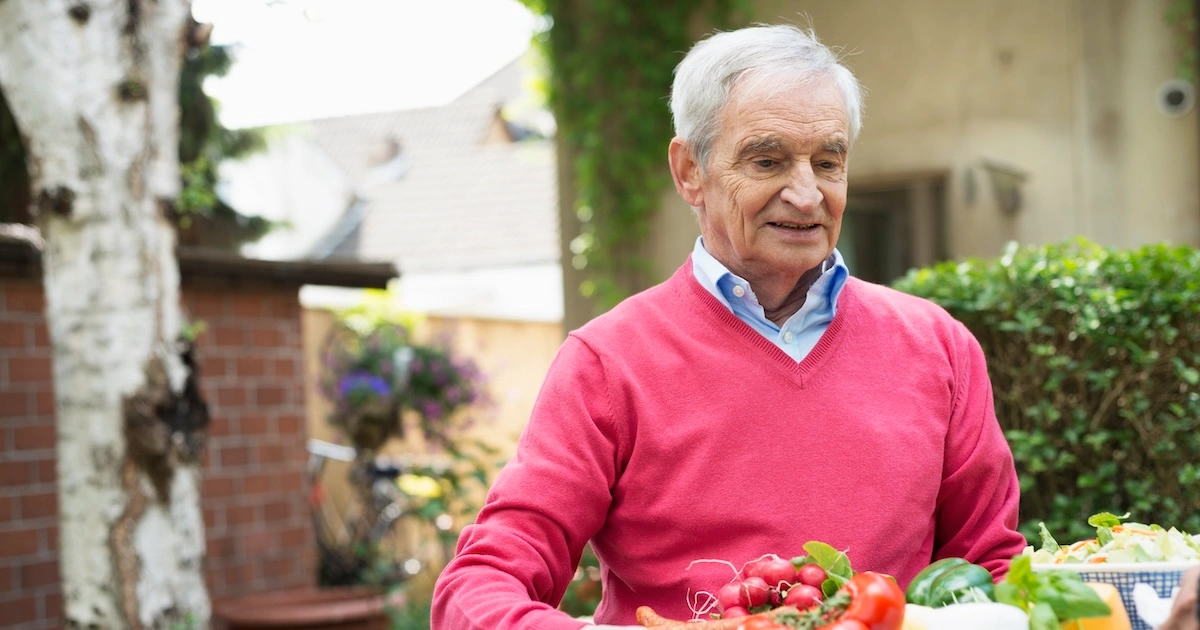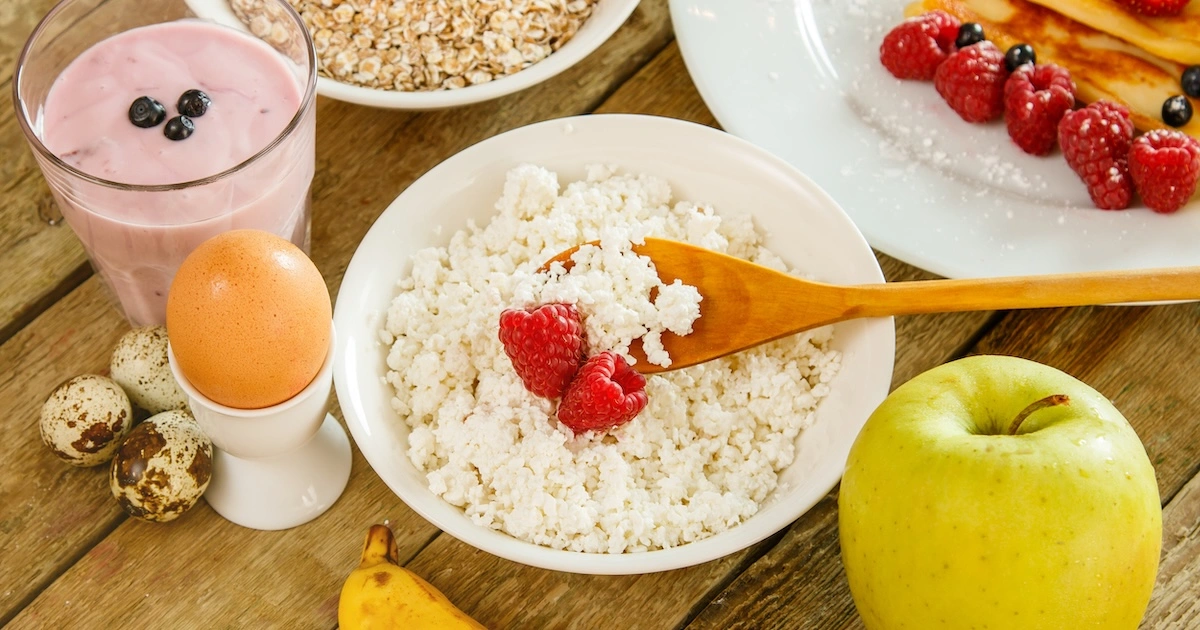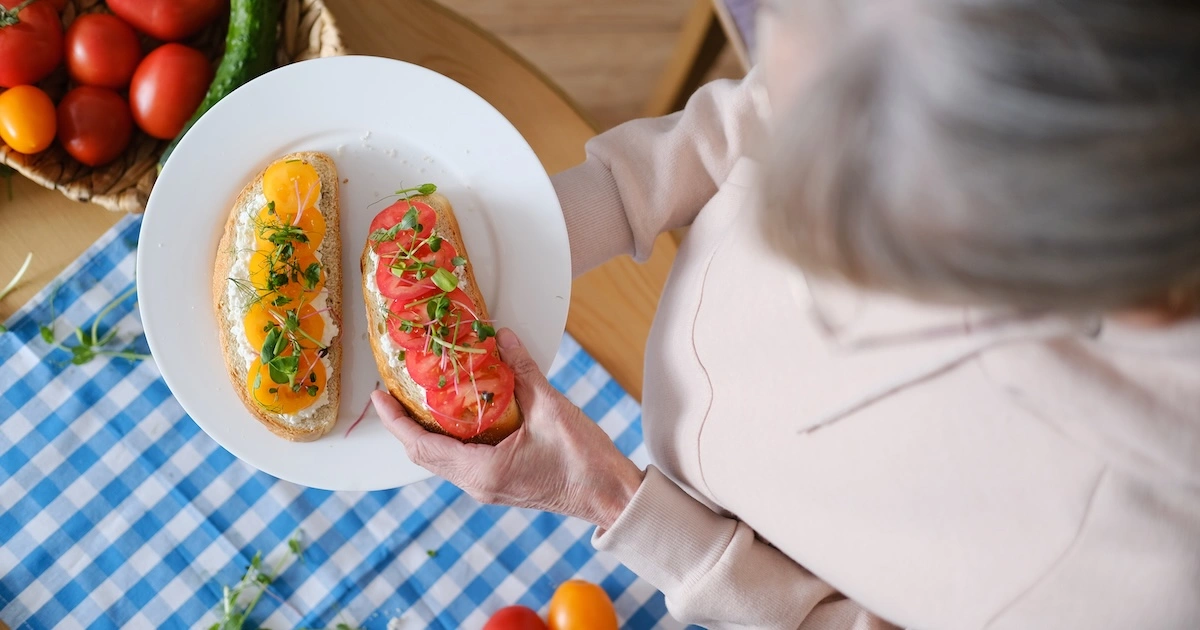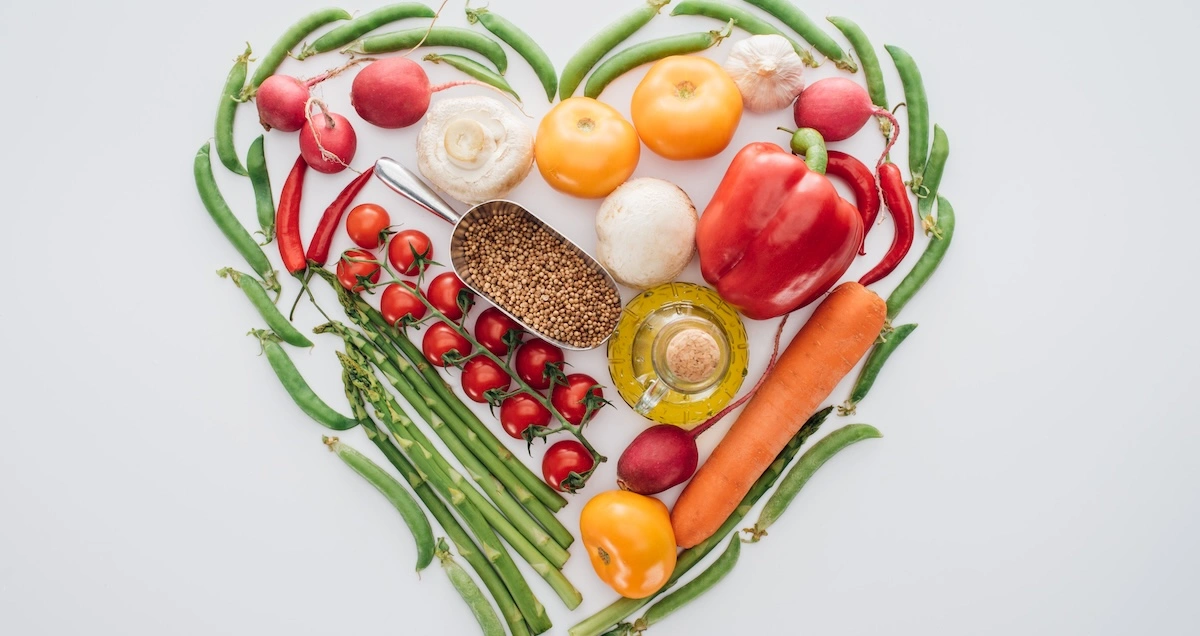Eating well is one of the best ways to stay active, energized, and healthy as you age. A balanced diet can help maintain strength, boost immunity, and support brain function—ensuring you feel your best every day. Whether you’re cooking for yourself, a partner, or loved ones, this guide will provide you with simple, nutritious, and delicious recipes designed specifically for seniors.
Why Nutrition Matters for Seniors

As we age, our bodies require different nutrients to support bone health, cognitive function, and energy levels. Here’s why a healthy diet is essential:
- Maintains Muscle Strength – Protein-rich foods help prevent muscle loss and maintain mobility.
- Supports Heart Health – A diet low in saturated fats and high in fiber reduces the risk of heart disease.
- Boosts Brain Function – Antioxidants, healthy fats, and essential vitamins help keep memory sharp.
- Improves Digestion – Fiber-rich foods aid in digestion and prevent constipation.
- Enhances Immunity – Nutrient-dense meals provide the vitamins and minerals needed for a strong immune system.
Now, let’s dive into some easy and delicious meals you can incorporate into your daily routine!
Healthy Breakfast Ideas for a Strong Start

Breakfast is the most important meal of the day, providing the fuel you need to stay active and alert.
1. Oatmeal with Berries and Nuts
- Why it’s great: High in fiber, antioxidants, and healthy fats.
- How to make it: Cook rolled oats in water or milk, then top with fresh berries, a sprinkle of nuts, and a drizzle of honey.
2. Scrambled Eggs with Spinach and Whole Grain Toast
- Why it’s great: Packed with protein and iron for energy and bone health.
- How to make it: Sauté spinach in olive oil, scramble eggs, and serve with a slice of whole-grain toast.
3. Greek Yogurt Parfait
- Why it’s great: Probiotics support digestion, and fruit adds natural sweetness.
- How to make it: Layer Greek yogurt, granola, and mixed berries in a cup for a refreshing, protein-packed breakfast.
Nutritious Lunches to Keep You Energized

A balanced midday meal helps sustain energy levels and prevents afternoon fatigue.
4. Quinoa and Chickpea Salad
- Why it’s great: High in plant-based protein and fiber.
- How to make it: Mix cooked quinoa, chickpeas, diced cucumber, cherry tomatoes, and a lemon-olive oil dressing.
5. Turkey and Avocado Wrap
- Why it’s great: Lean protein and healthy fats keep you full and satisfied.
- How to make it: Spread avocado on a whole-wheat tortilla, add sliced turkey, lettuce, and tomato, then roll up and slice.
6. Lentil Soup with Whole-Grain Crackers
- Why it’s great: Rich in fiber and iron, perfect for maintaining energy.
- How to make it: Sauté onions, carrots, and celery, add lentils and vegetable broth, and simmer until tender.
Heart-Healthy Dinners for Longevity

End your day with a nourishing meal that supports overall well-being.
7. Baked Salmon with Roasted Vegetables
- Why it’s great: Omega-3s promote heart and brain health.
- How to make it: Season salmon with lemon and herbs, bake at 375°F for 20 minutes, and serve with roasted carrots and Brussels sprouts.
8. Chicken and Brown Rice Stir-Fry
- Why it’s great: A well-rounded meal with lean protein, whole grains, and veggies.
- How to make it: Stir-fry diced chicken breast, bell peppers, and broccoli, then serve over brown rice with a dash of low-sodium soy sauce.
9. Stuffed Bell Peppers
- Why it’s great: Provides fiber, vitamins, and protein in one dish.
- How to make it: Fill bell peppers with ground turkey, quinoa, diced tomatoes, and seasonings, then bake until tender.
Senior-Friendly Snacks for Healthy Eating Between Meals

Snacking is a great way to keep your metabolism steady and avoid energy crashes.
10. Hummus and Veggies
- Why it’s great: Packed with fiber and plant-based protein.
- How to make it: Serve hummus with sliced cucumbers, carrots, and bell peppers.
11. Almonds and Dark Chocolate
- Why it’s great: Provides healthy fats and antioxidants for brain health.
- How to make it: Enjoy a handful of almonds with a square of dark chocolate.
12. Cottage Cheese with Pineapple
- Why it’s great: A calcium-rich snack that’s light yet filling.
- How to make it: Top cottage cheese with fresh pineapple chunks for a sweet and savory treat.
Hydration: The Overlooked Key to Senior Health

Staying hydrated is just as important as eating well. Dehydration can cause fatigue, dizziness, and confusion, so make sure to drink plenty of fluids throughout the day.
Best Hydration Options:
- Water – Aim for 6-8 glasses per day.
- Herbal Teas – Chamomile, peppermint, and green tea offer hydration with added health benefits.
- Infused Water – Add lemon, cucumber, or mint for a refreshing twist.
Tips for Making Healthy Eating Easier

- Plan Your Meals: Having a weekly meal plan can make grocery shopping and cooking more manageable.
- Cook in Batches: Prepare larger portions and store leftovers for quick and easy meals.
- Use Simple Ingredients: Stick to whole, unprocessed foods for better nutrition and flavor.
- Enjoy the Process: Cooking should be fun! Experiment with new flavors and enjoy sharing meals with loved ones.
Final Thoughts: Eating Well for a Vibrant Life
Eating nutritious, delicious meals doesn’t have to be complicated. By focusing on whole foods, staying hydrated, and choosing meals that nourish your body, you can enjoy more energy, better health, and an improved quality of life.
What’s Next?
Try incorporating one of these recipes into your routine this week and see how great you feel. Happy cooking and healthy eating!













